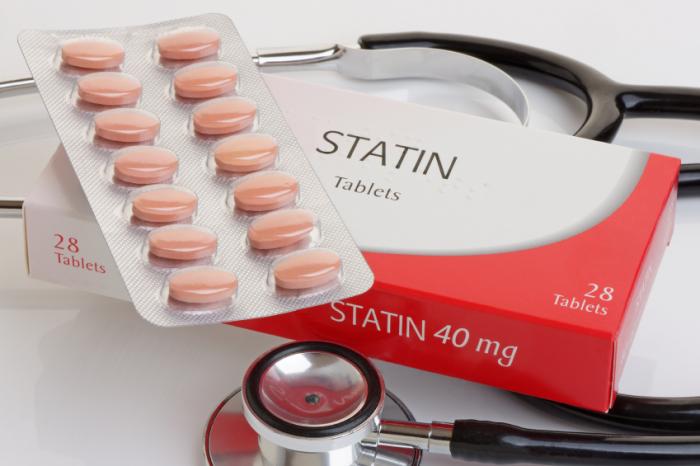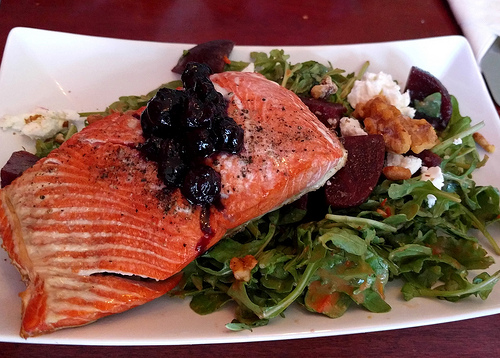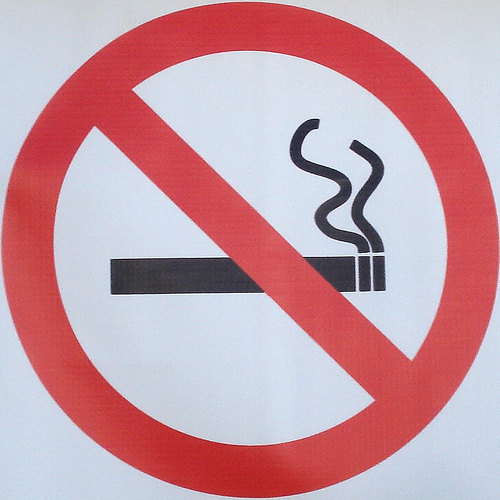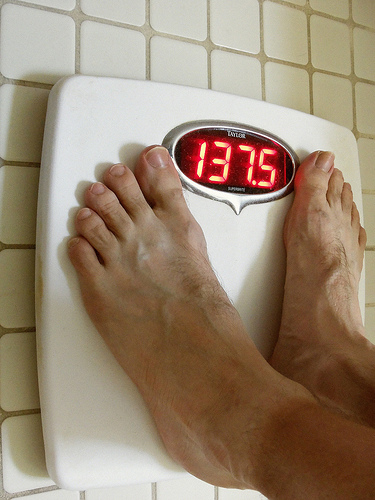If you have been prescribed a statin medication, you most likely suffer from high cholesterol. This medication works to halt cholesterol production by your body and to stop it from reabsorbing the plaque build-up in your arteries. This decreases your chances of suffering a heart attack caused by blockages of your blood vessels and arteries.
While statin medications can be very effective in lowering cholesterol levels, they are often accompanied by side effects. Several are mild like cramps or muscle soreness, but others can be life threatening. Severe side effects can include muscle deterioration, kidney failure or liver damage.

Should I Stop Taking Statins?
Not without your doctor's guidance.
Once prescribed, some people take statins for years and even the rest of their lives. If you are not experiencing side effects or they are very mild ones, you can benefit from the medication for a long time.
Unfortunately, not everyone is so lucky. Sometimes statin side effects can be extremely bothersome or severe. You may decide to try and self-manage your cholesterol. Whatever you do, talk to your doctor first.
Should I stop taking statins? Before considering that, see if your side effects can be managed. Your doctor can go over the risks versus the benefits of the medication. If your side effects are problematic or are dangerous in nature, you may have to discontinue its use.
If you can get your cholesterol under control through exercise, diet and maintaining a healthy weight, you might be able to stop taking medication. Positive changes in your lifestyle can greatly reduce your chances of a stroke or heart attack.
Know When to See a Doctor
Before stopping statins, meet with your doctor to determine if the medication is the cause of your symptoms. Any changes or unusual reactions after starting statins warrant a visit to your physician.
A look at your medical history, list of medications and bothersome side effects can help your doctor determine if statins are the culprit. You may be asked to stop taking the medication for a short while to see if your symptoms go away. You may also be advised to lower your dosage to see if you can still benefit from the medication and reduce your side effects at the same time.
If you cannot control your cholesterol levels and statins are causing severe symptoms, you will need to work with your doctor to find other options for lowering your cholesterol. While considering "Should I stop taking statins?" find other ways to improve your situation.
Natural Ways to Lower Your Cholesterol
Studies have shown a successful strategy for lowering your risk of a heart attack is keeping your LDL cholesterol levels down. Ideally, you should keep it at 80 or less, but levels under 100 are considering good.
1. Eat Heart-Healthy Foods

Eating healthy can go a long way in reducing bad cholesterol levels and it packs a lot of healthy heart benefits. Consider these tips when changing your eating habits:
- Eat lean cuts of meat and cook with monounsaturated fats. Avoid regular dairy products and opt for low fat options. Canola and olive oils are better choices than lard and other oils. Red meat is full of saturated fat and research has shown that you should only consume 7 percent or less on a daily basis.
- Stay away from trans fats, like foods that contain partially hydrogenated oils. Trans fats raise bad cholesterol levels while lowering good levels, which increases your risk for a heart attack or stroke. Fried foods are full of trans fats, as well as commercially produced products like snack cakes and cookies. Trans fat consumption can add up quickly, so it is best to avoid completely if possible.
- Add more soluble fiber to your diet. While there is also insoluble fiber, soluble is the type that assists in lowering bad LDL cholesterol levels. You can find this heart healthy nutrient in beans, oats, lentils, fruits and vegetables.
- Incorporate foods high in omega-3 fatty acids into your diet. Although this type of fat does not affect your LDL levels, it has lots of heart benefits. It helps lower high blood pressure and triglycerides, and raise HDL levels, the good cholesterol. Food like salmon, walnuts, herring, flaxseed and almonds are good sources of this nutrient.
- Research has found evidence that whey protein supplements work to lower your total cholesterol, including LDL levels. Derived from dairy products, you can get the benefits without the fat through whey protein powders. Health food grocers and nutritional stores often carry them.
2. Exercise

While you are considering "Should I stop taking statins?" remember exercise may be a great option to help raise your HDL good cholesterol levels. If your physician approves, add 30 – 45 minutes of exercise into your daily routine. If you don't have time to do it all at once, you can break it up into intervals of 10 minutes each. Options that are manageable include:
- Riding a bike to the store or work
- Swimming laps during your lunch hour
- Enjoying a brisk walk during a daily break
- Playing a sport you enjoy after work
- Skipping the elevator and taking the stairs
- Do leg lifts or sit ups while watching your favorite show
- Join a fitness group or exercise with a friend
3. Quit Smoking

When you quit smoking, the benefits are endless. You may even experience better HDL levels. Shortly after your last cigarette, your heart rate and blood pressure will return to normal. One year after quitting, your chances of heart disease cuts in half and after 15 years, your risk will be the same as a lifetime non-smoker.
4. Lose Weight

If you are overweight, even losing a few of the extra pounds can help lower LDL and total cholesterol levels. Simple changes in exercise and eating habits can go a long way in achieving your weight goals. Tip to consider include:
- Instead of eating when bored, take a stroll around the block.
- Opt for a healthy homemade lunch instead of fast food.
- Snack on fruits and vegetables instead of chips.
- Eat to satisfy hunger, not to overcome boredom or frustration.
- Incorporate more exercise in your day by doing simple things like walking at lunch, parking far from office, and walking to appointments if possible.
5. Drink Alcohol Only in Moderation

If you already drink, you should be happy to know that moderate drinking has been associated with higher HDL levels. However, if you are a non-drinker the benefits do not warrant starting now. Recommended daily intake is one drink for women or two for men. Avoid drinking too much as excessive alcohol consumption can lead to heart disease, stroke and high blood pressure.
